Events Archives
January
Monday, January 25, 2021 | 03:30 pm

O cinema brasileiro: uma narrativa
Dr. Pedro Antonio Freire
Dr. Freire will provide an overview of Brazilian cinema production in the context of the historically important periods that Brazilian filmmakers address. The talk will be delivered in Portuguese.
Thursday, January 28, 2021 | 02:00 pm

North American Language Assistant Program Info Session
Do you want to go to Spain for a school year as a language assistant? Attend this info session to learn more!
Thursday, January 28, 2021 | 02:00 pm

Field Research Grant Information Session
Texanna Martin, Dominic Baca and Phillip Salazar , UNM LAII
The LAII FIELD RESEARCH GRANT provides graduate or professional students the opportunity to conduct preliminary research in Latin America for their degree projects, as well as faculty the opportunity to begin fieldwork on new projects or add a comparative dimension to previous research. Restrictions apply. Applications are due Friday, March 12, 2021.
February
Wednesday, February 03, 2021 | 03:00 pm
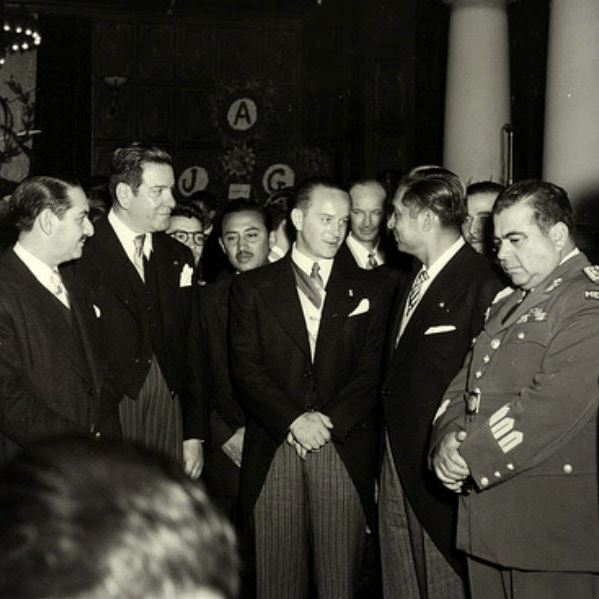
Why Democrats and Republicans in Congress Work Together to Press President Eisenhower in 1954 to Overthrow Jacobo Árbenz
David Lindwall , Second-Year Masters Degree Student, LAII
David Lindwall will talk about the fall of the progressive government of Guatemalan President Jacobo Árbenz in 1954 and why Democrats and Republicans in the United States Congress joined forces to support the Eisenhower Administration's use of the CIA to remove Árbenz. The story of Congressional involvement, which is the subject of Lindwall's MA thesis, has been understated in the literature on the 1954 revolution and is a case study of how foreign policy decisions are driven by many players with differing motivations. Lindwall will also talk about the process of researching and writing a thesis, as well as discussing jobs in the United States Foreign Service.
Friday, February 05, 2021 | 03:30 pm
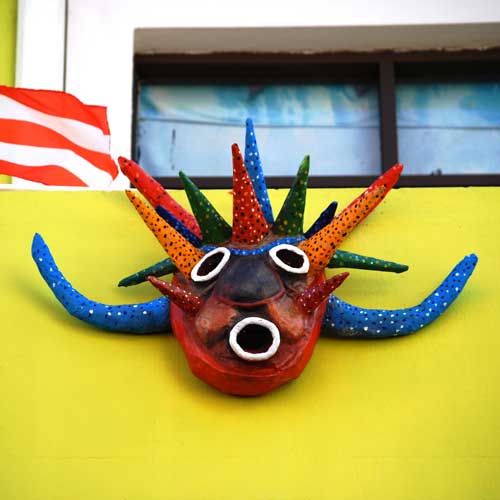
K-12 Educator Workshop: Afro-Latinidad in Mexico
Join the LAII for the Institute’s first-ever teacher workshop series on Afro-Latinidad! Throughout the series, we’ll discuss a variety of Afro-Latinx cultures across Latin America, a range of spiritual and cultural Afro-Latinx traditions, and a diverse selection of historical Afro-Latinx figures.
We'll spend our last workshop discussing resources for curriculum about the Afro-Latinidad in Mexico. We'll discuss Afro-Mexicans and the fight to be recognized on the census, the Afro-Latinx towns of Veracruz and Costa Chica, the historical impact of Gaspar Yanga, and more.
Friday, February 05, 2021 | 07:00 pm

Con Alma: Exploring the Creative Process with Paola Prestini & Magos Herrera
Screening of videos from the Con Alma project, including a world premiere video, La Creación de las Aves (The Creation of The Birds), followed by an online discussion and Q&A with Paola Prestini and Magos Herrera. The discussion will be hosted by the National Hispanic Cultural Center via Zoom, in collaboration with the LAII.
Tuesday, February 09, 2021 | 06:00 pm
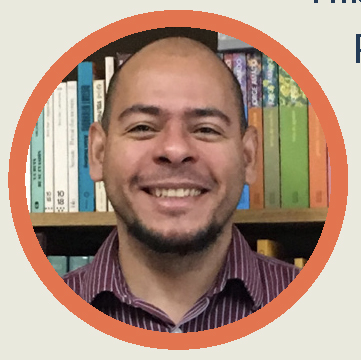
Brazilian Rap and the Grammar of the Black Existence
Paulo Dutra, Author, Poet
This talk examines the most famous Brazilian rap group Racionais Mc’s artistic production in order to explore their poetically crafted understanding of how people of African descent experience and negotiate their existence in Brazil.
Thursday, February 11, 2021 | 02:00 pm
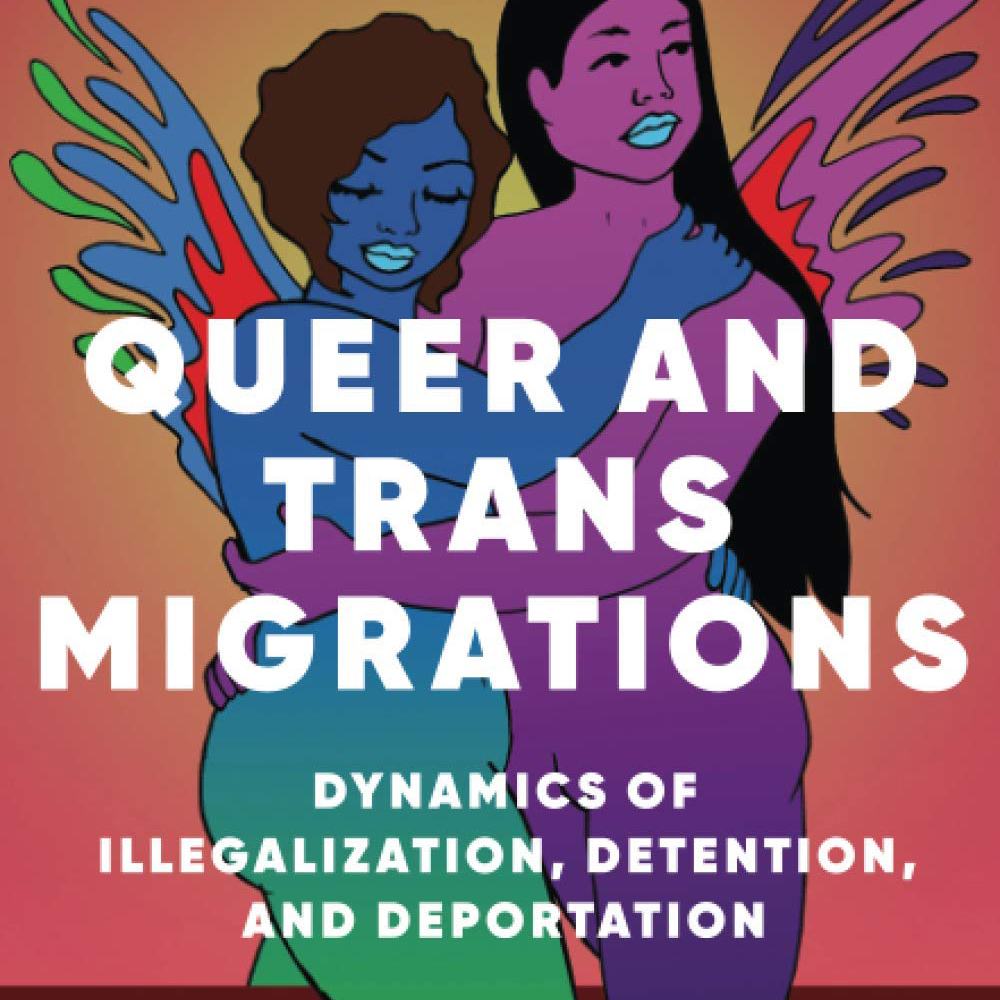
Queer and Trans Migrations: Dynamics of Illegalization, Detention, and Deportation
Karma R. Chávez (University of Texas at Austin) and Eithne Luibhéid (The University of Arizona)
LGBTQ migrants in the United States and around the world often lack documentation and consistently risk detention and deportation. Eithne Luibhéid and Karma R. Chávez discuss how and why they created an edited collection that explores how LGBTQ migrants and allies negotiate, resist, refuse and critique these processes while working to build futures that foster thriving for all.
Friday, February 12, 2021 | 02:00 pm
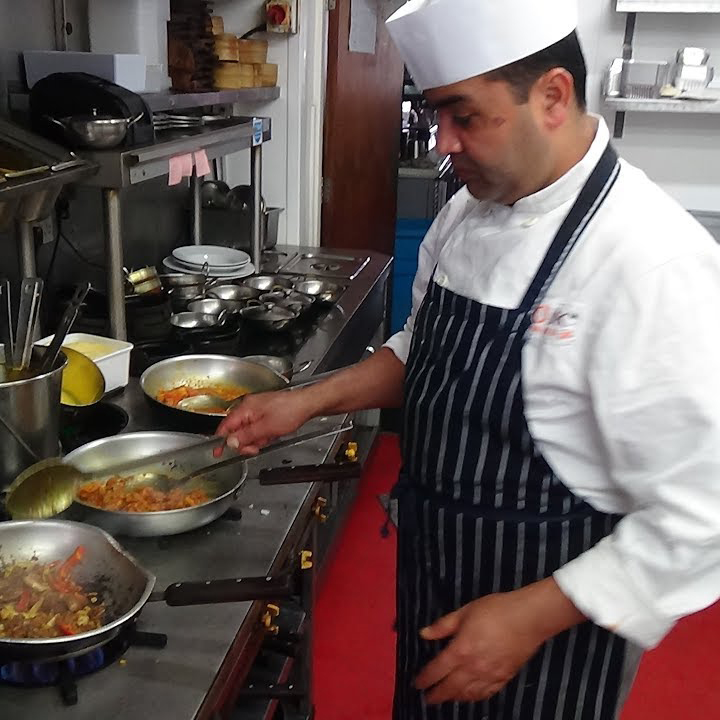
Front of the House, Back of the House: Race and Inequality in the Lives of Restaurant Workers
Eli R. Wilson , Sociology Department, the University of New Mexico
Two unequal worlds of work exist within the upscale restaurant scene of Los Angeles. White, college-educated servers operate in the front of the house—also known as the public areas of the restaurant—while Latino immigrants toil in the back of the house and out of customer view. In Front of the House, Back of the House, Eli Revelle Yano Wilson shows us what keeps these workers apart, exploring race, class, and gender inequalities in the food service industry.
Thursday, February 18, 2021 | 02:00 pm
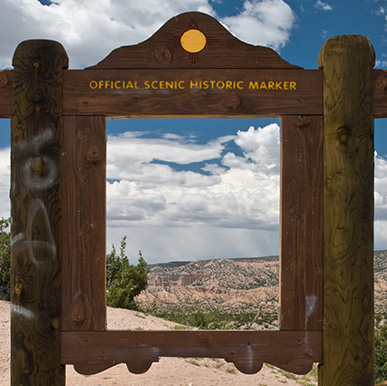
Critical Reflections on Chicanx and Indigenous Scholarship and Activism: Querencia Reflections on the New Mexico Homeland
Kevin Brown (University Libraries & Learning Sciences), Tey Marianna Nunn (National Hispanic Cultural Center), and Irene Vasquez (Chicana and Chicano Studies)
Join the LAII and UNM Press for a discussion on Querencia: Reflections on the New Mexico Homeland with contributers Kevin Brown, Tey Marianna Nunn and Irene Vasquez, moderated by Matthew Martinez, Deputy Director of the Museum of Indian Arts and Culture.
Friday, February 19, 2021 | 03:30 pm
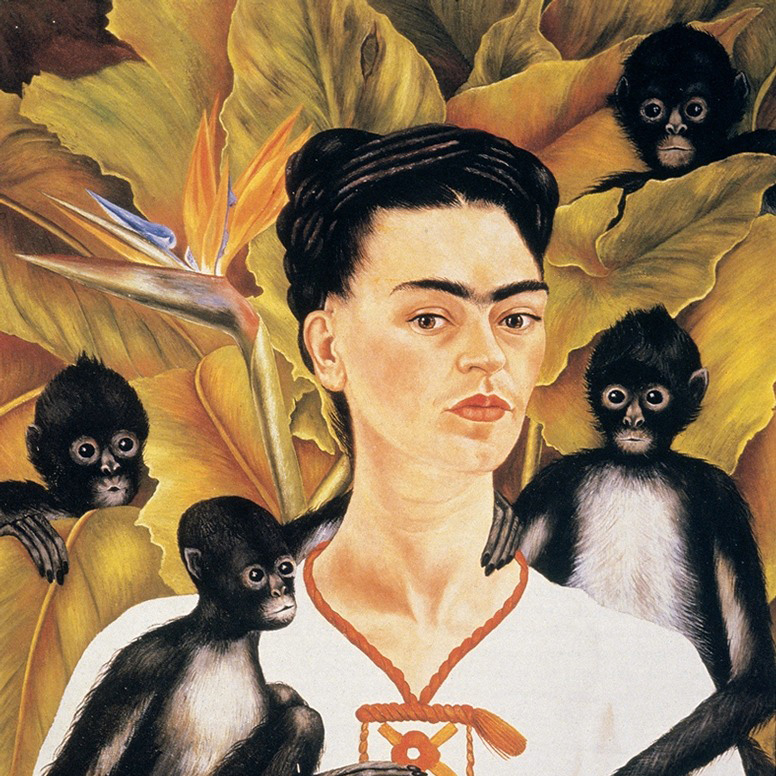
K-12 Educator Workshop: The Women of Mexican Modernism
Join the Albuquerque Museum and The University of New Mexico Latin American & Iberian Institute for free professional development workshops focused on the exhibit Frida Kahlo, Diego Rivera, and Mexican Modernism, which opens on February 6 at the ABQ Museum. The works of art in this exhibition epitomize the vitality and expressiveness of modern Mexican art. They were produced in a pivotal period in Mexican history, when the nation sought to redefine itself through political, social, and cultural reforms.
Wednesday, February 24, 2021 | 12:00 pm
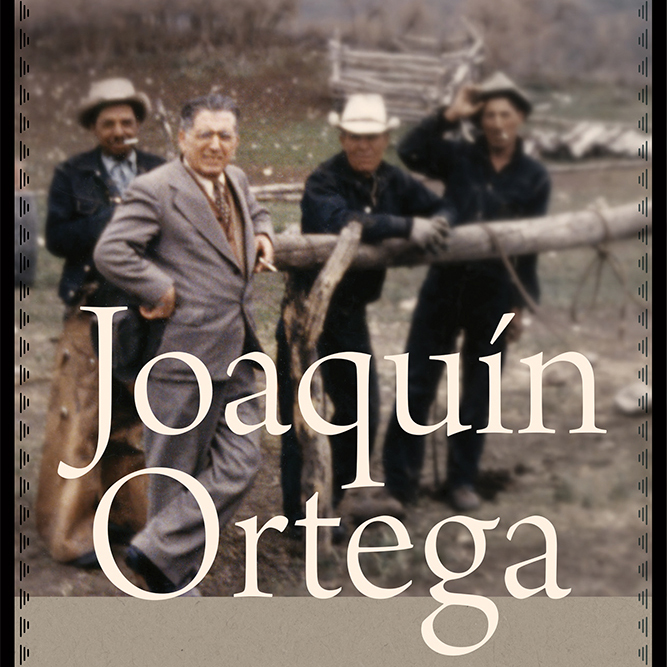
Book Reading, Discussion, and Celebration: "Joaquín Ortega, Forging Pan-Americanism at UNM" by Russ Davidson
Christine Sierra, Professor Emerita of Political Science at UNM, and Felipe Gonzalez, Professor Emeritus of Sociology at UNM
In this important work Russ Davidson presents the first biography of Joaquín Ortega, introducing readers to Ortega’s life and work at the University of New Mexico as well as his close relationship with then UNM president James Zimmerman and other major figures.
Thursday, February 25, 2021 | 03:00 pm
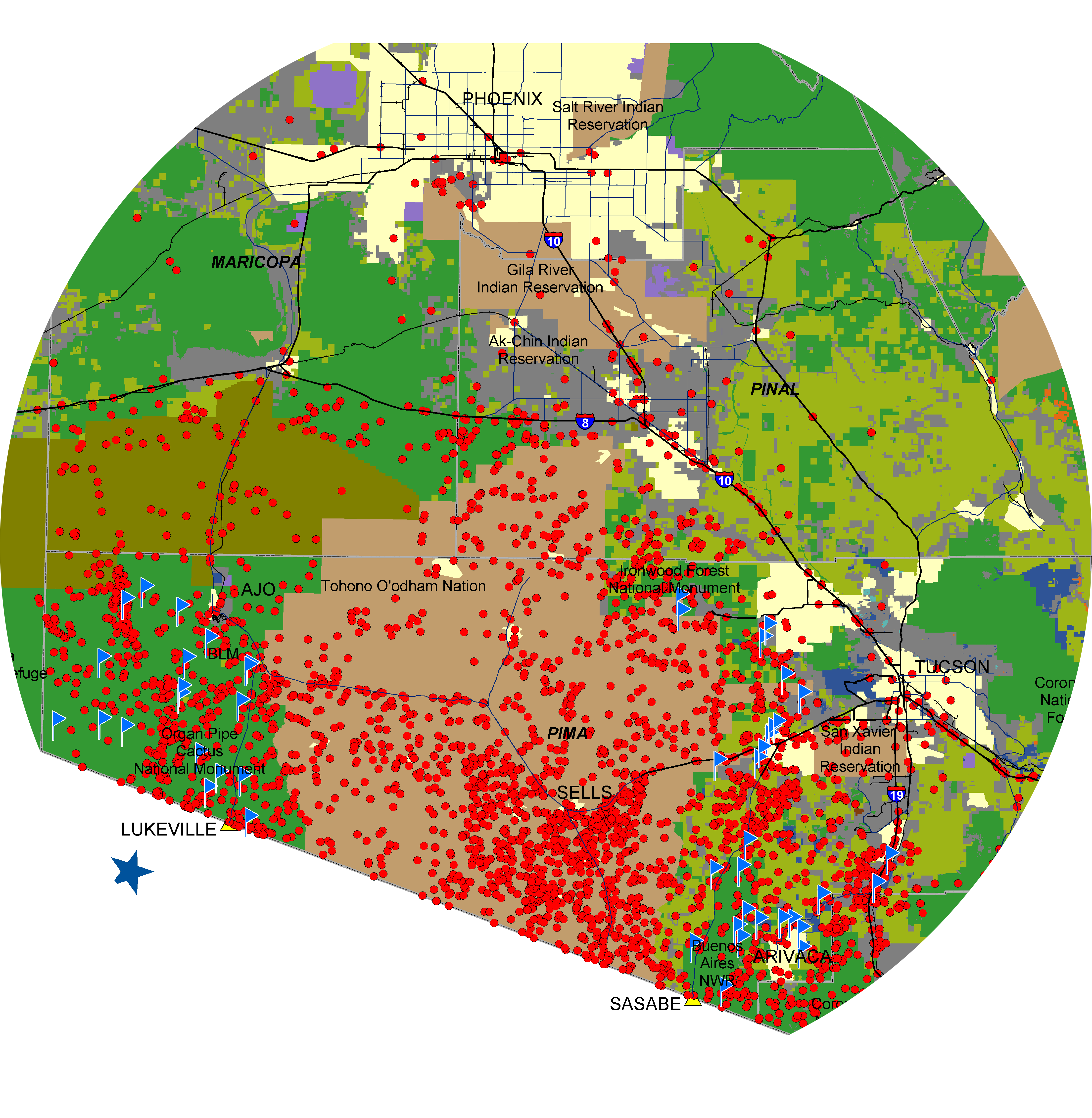
Identifying the dead along our southern border: Immigration, Regulation, Forensic Anthropology, and Human Rights
Bruce E. Anderson, Heather J.H. Edgar, Tessa Lee, and Kate Spradley
Migrants from Latin America cross the U.S. border seeking a better life. To call this crossing harsh grossly understates the difficulties these people encounter. Some lose their lives in the effort. The actual number of border-related migrant deaths cannot be known, but the U.N. estimates over 800 in 2019. Investigating those deaths and identifying the unknown are monumental tasks.
Along the border region those who care for the dead, coroners, forensic pathologists, death investigators, and others, face a patchwork of laws that govern medico-legal death investigation. Because of the remoteness and harsh conditions along much of the border, a significant portion of the work identifying migrants falls to forensic anthropologists, specialists trained to analyze skeletal remains. This event is a moderated discussion by forensic anthropologists working on border deaths and border issues in Arizona, New Mexico, and Texas.
Friday, February 26, 2021 | 12:00 pm
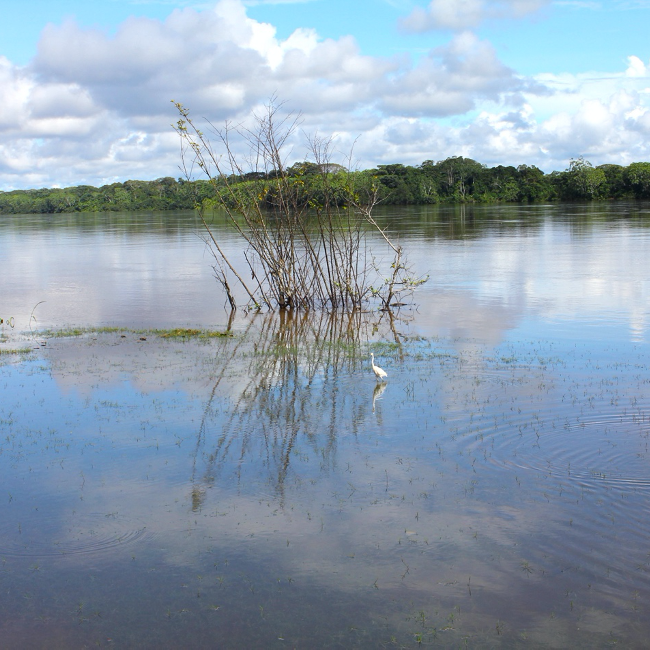
“The hummingbird is attached to the flower”: Conceptualizations of Space in the Amazon
Rosa Vallejos , Department of Linguistics, University of New Mexico
How we talk about the location of objects in space varies greatly across communities. This talk offers an overview of the expression of location in two languages: Kukama (Tupian) and Secoya (Tukanoan), both spoken in the Amazon of Peru.
March
Monday, March 01, 2021 | 01:00 pm

Santa Fe Dreamers Project Information Session: Support Trans and Queer Asylum Seekers Remotely
Join us on March 1, 2021 to learn about remote opportunities for Spanish speakers to support asylum seekers 300 miles away in Ciudad Juarez.
Tuesday, March 02, 2021 | 06:00 pm

Trans-American Detritus: A Study in Trans-Femicide
Francisco Galarte , UNM Assistant Professor of American Studies and Women, Gender and Sexuality Studies
This presentation focuses on the photography series, En la Pista (2016) by Mexican artist Teresa Margolles.
Thursday, March 04, 2021 | 05:30 pm

Working in DC: From Internship to Chief of Staff and Beyond
Raul Alvillar, Executive Vice President at Resolute; Maria Meier, DC Veteran and Consultant on Leadership and Political Empowerment; and Aaron Trujillo, Senator Ben Ray Lujan's Deputy Chief of Staff
Join us for a panel discussion for advice on how to start a career in the federal government and what it takes to land, keep, and thrive professionally in our nation's Capital City. Panelists include Raul Alvillar, Executive Vice President at Resolute; Maria Meier, DC Veteran and Consultant on Leadership and Political Empowerment; and Aaron Trujillo, Senator Ben Ray Lujan's Deputy Chief of Staff.
Friday, March 05, 2021 | 03:30 pm

K-12 Educator Workshop: Identity and Representation Through the Lens of Mexican Modernism
Join the Albuquerque Museum and The University of New Mexico Latin American & Iberian Institute for free professional development workshops focused on the exhibit Frida Kahlo, Diego Rivera, and Mexican Modernism, which opens on February 6 at the ABQ Museum. The works of art in this exhibition epitomize the vitality and expressiveness of modern Mexican art. They were produced in a pivotal period in Mexican history, when the nation sought to redefine itself through political, social, and cultural reforms.
Monday, March 08, 2021 | 03:30 pm
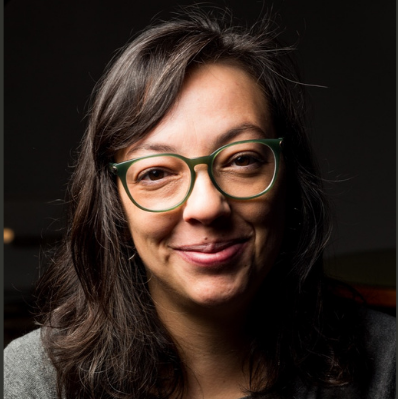
From the Book to the Big Screen: Grandma, Are You a Lesbian?
Dr. Natalia Borges Polesso
A conversation about Brazilian cinema and the adaptation for cinema of Dr. Polesso's short story "Grandma, Are You a Lesbian?" from her award-wining collection Amora.
Thursday, March 11, 2021 | 02:00 pm
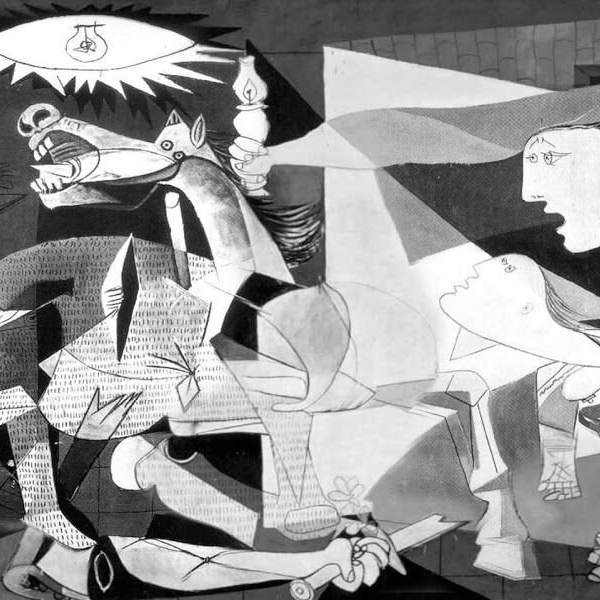
A Civil War of Ideas: Progress and Reaction in American Public Perception of The Spanish Civil War, 1936-1939
Carter Barnwell , Doctoral Candidate in History at UNM
In this presentation, Carter Barnwell will discuss the impact of the Spanish Civil War on American public opinion on one University campus, as played out in print on the pages of The Campus newspaper of the City College of New York.
Tuesday, March 16, 2021 | 12:00 pm
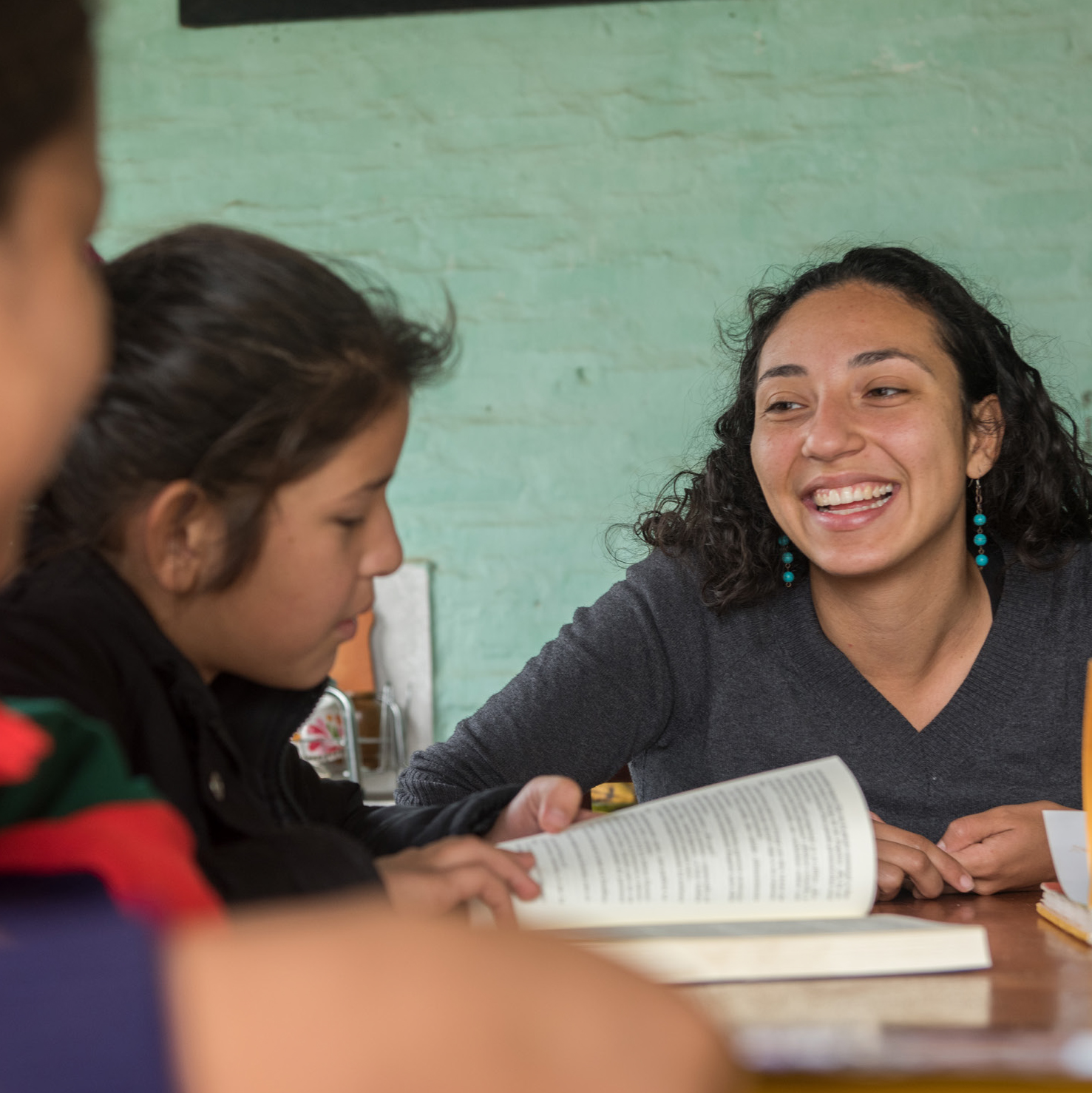
Peace Corps Information Session
Maria Goodfellow , Returned Peace Corps Volunteer
Join the Latin American Studies programs at CNM and UNM and the NM Mexico Humanities Now! project for an information session about opportunities in the U.S. Peace Corps.
Wednesday, March 24, 2021 | 05:30 pm
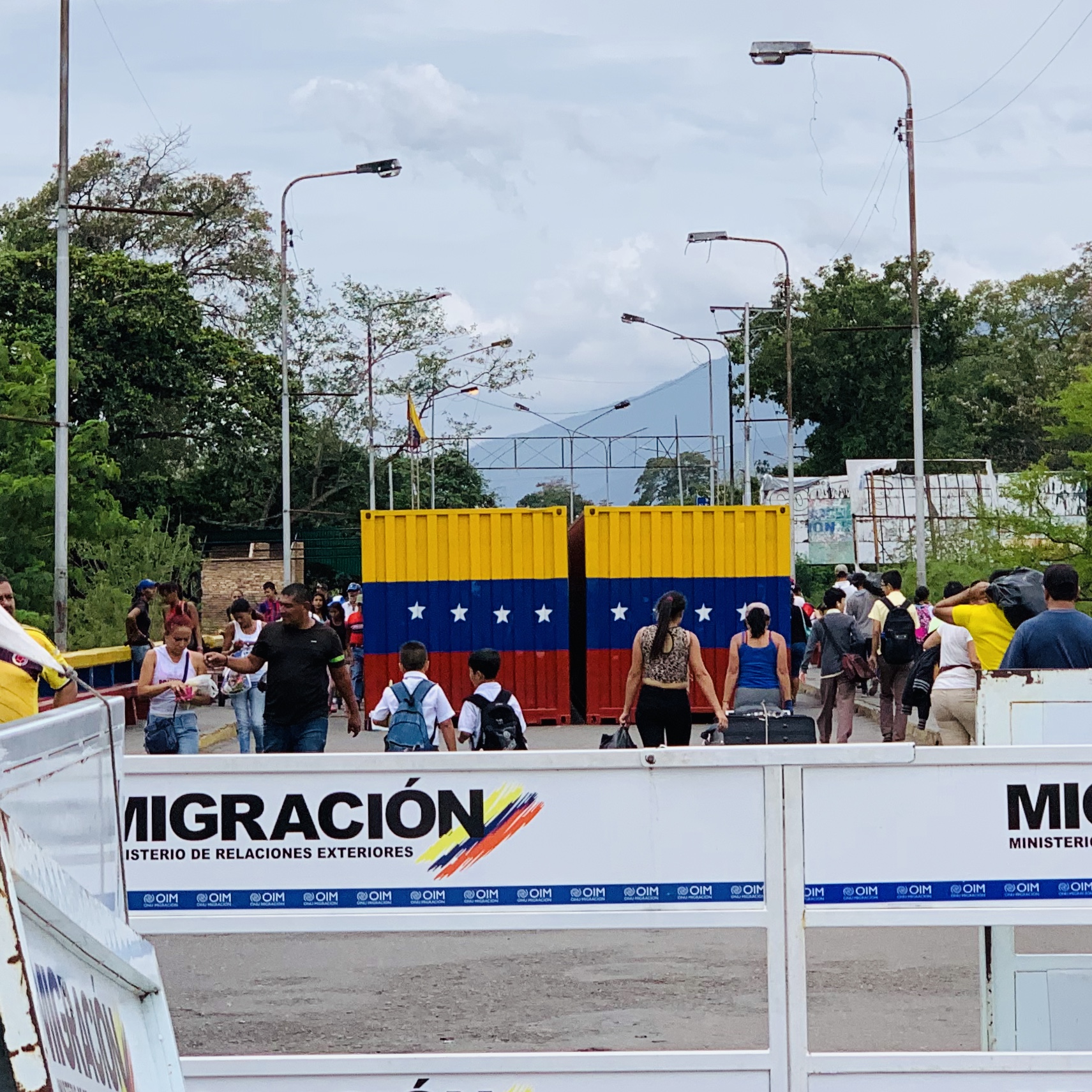
The Refugee Crisis in Latin America: Perspectives from UNHCR Offices on the Frontline
Fernando Flores , UNHCR, Head of the Lago Agrio Field Office
Fernando Flores will discuss his experiences working in various UNHCR offices in Africa and throughout Latin America.
Friday, March 26, 2021 | 02:00 pm
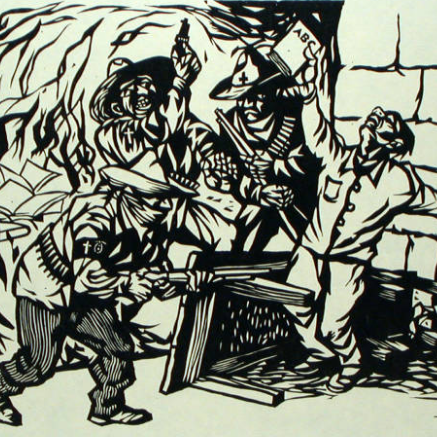
Martyrs, Fanatics, and Pious Militants: Religious Violence and the Secular State in 1930s Mexico
Gema Kloppe-Santamaría , Loyola University Chicago
In this talk, Dr. Kloppe-Santamaría will examine the cultural, symbolic, and political repertoire that contributed to Catholics’ understanding of violence as a legitimate means to resist the secular state in 1930s Mexico.
April
Thursday, April 01, 2021 | 05:30 pm

Working in the International Arena Both Domestically and Abroad
Jason Chang, USDA; Megan Wilson, Peace Corps Country Director for Albania and Montenegro; Paco Perez, US Foreign Service
This panel will give students information and guidance on what opportunities exist to work in the international sector for the government both in the USA and abroad.
Friday, April 02, 2021 | 02:00 pm
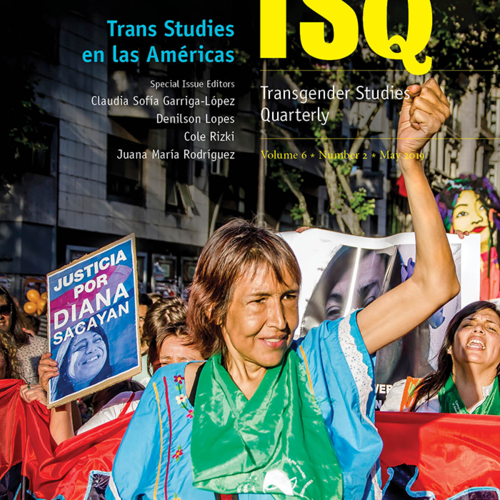
Trans en las Américas Journal Launch
Francisco J. Galarte, Claudia Sofía Garriga-López, Cole Rizki and Juana María Rodríguez
This special issue of TSQ: Transgender Studies Quarterly prompts a conversation between trans and travesti studies scholars working across the Américas to investigate how shifts in cultural practices, aesthetics, geographies, and languages enliven theories of politics, subjectivity, and embodiment.
Friday, April 02, 2021 | 03:30 pm

LAII PhD Fellows Colloquium
Asia Alsgaard, Josefina Bittar, Milena Carvalho, Carlos Contreras-Vidal, Carlos Ibarra, Dylan Maynard, David Paez and Jon Williams , LAII PhD Fellows
Join us for the Latin American & Iberian Institute's annual LAII PhD Fellows Colloquium.
Tuesday, April 06, 2021 | 06:00 pm

The Art and Craft of Oaxacan Mezcal
Dr. Ronda Brulotte , UNM Associate Professor of Geography and Environmental Studies and Director of Latin American Studies
In this presentation, Dr. Ronda Brulotte discusses the rise of mezcal as a global commodity within the artisanal food movement, as well as how this transformation has impacted rural producer communities in southern Mexico.
Wednesday, April 07, 2021 | 02:00 pm

Race and Mexican Art of the Late Colonial and Early National Periods
Ray Hernández-Durán , Department of Art, University of New Mexico
In this talk, Ray Hernández-Durán will focus on a transitional period in Mexican art history, 1750–1850, and explore the role of the Academy of San Carlos in shaping Mexican art production. By looking at the academy in Mexico City during this period, we can trace how the image of the Indian was transformed and the Black subject gradually erased as the colonial period came to an end and independent Mexico emerged.
Friday, April 09, 2021 | 12:00 pm

MALAS Alumni Panel
Kalyn Mae Finnell, Sam Johnson, Nora Lamm and Devon Lara
Join the Latin American & Iberian Institute and Latin American Studies program for a panel featuring four recent MA in LAS alumni who will share their career trajectories and how to best prepare yourself for post-graduation life while in the LAS program. We are immensely proud of our alumni and are excited to host this panel for current and prospective students.
Friday, April 09, 2021 | 05:00 pm
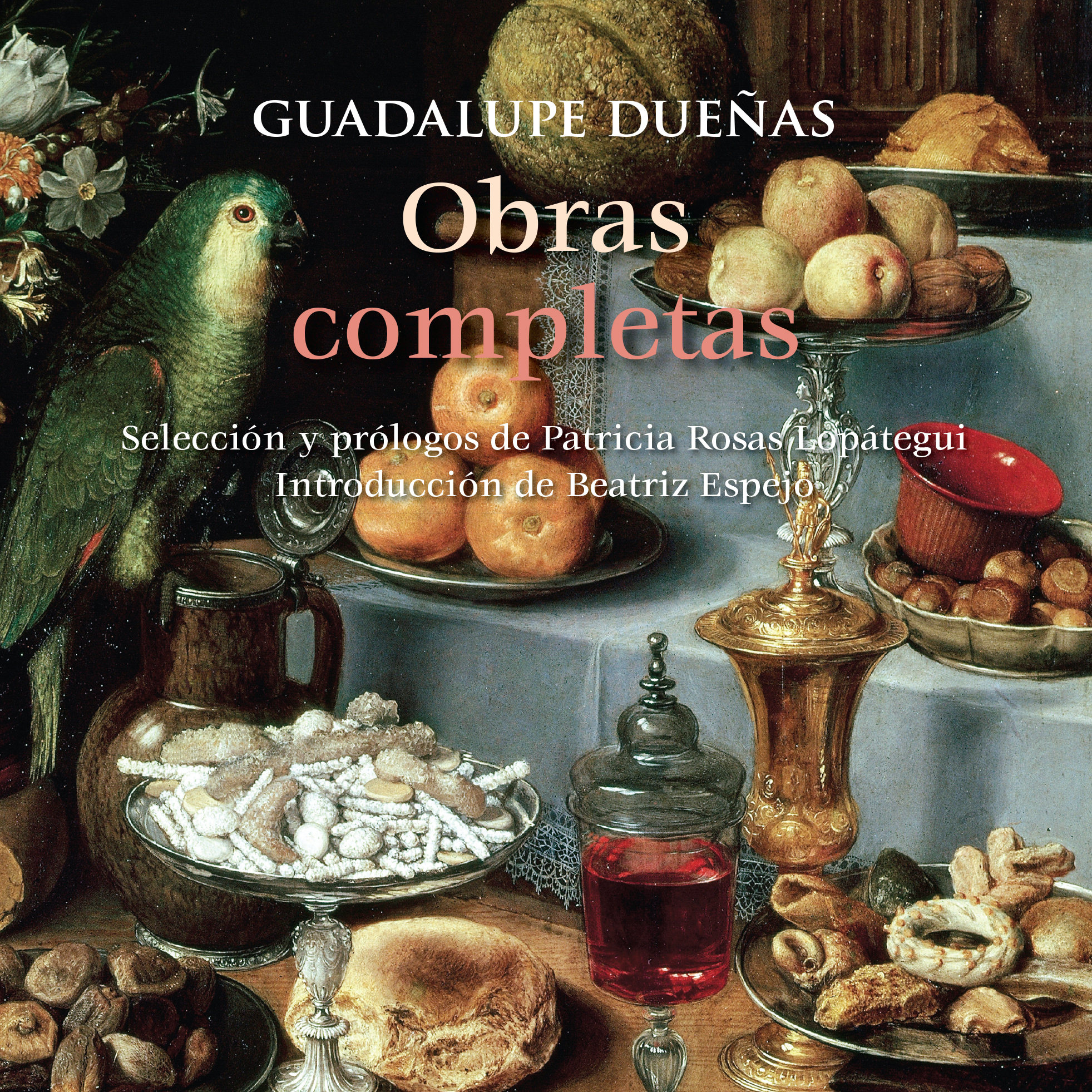
Guadalupe Dueñas: Obras Completas de Patricia Rosas Lopategui
Patricia Rosas Lopategui, Silvia Molina y Leticia Romero Chumacero
Guadalupe Dueñas (1910-2002) es una de las escritoras mexicanas más importantes del siglo XX.
Monday, April 12, 2021 | 03:00 pm

Burying Pinochet’s Legacy: Chile’s New Constitution
Sergio J Ascencio , UNM Department of Political Science
This talk will consist of two parts. The first part will put the Chilean case in a broader context by discussing some of the challenges of institutional design in transitional democracies. The second part will provide an overview of the events leading to the constitutional referendum and the road ahead.
Friday, April 16, 2021 | 02:00 pm
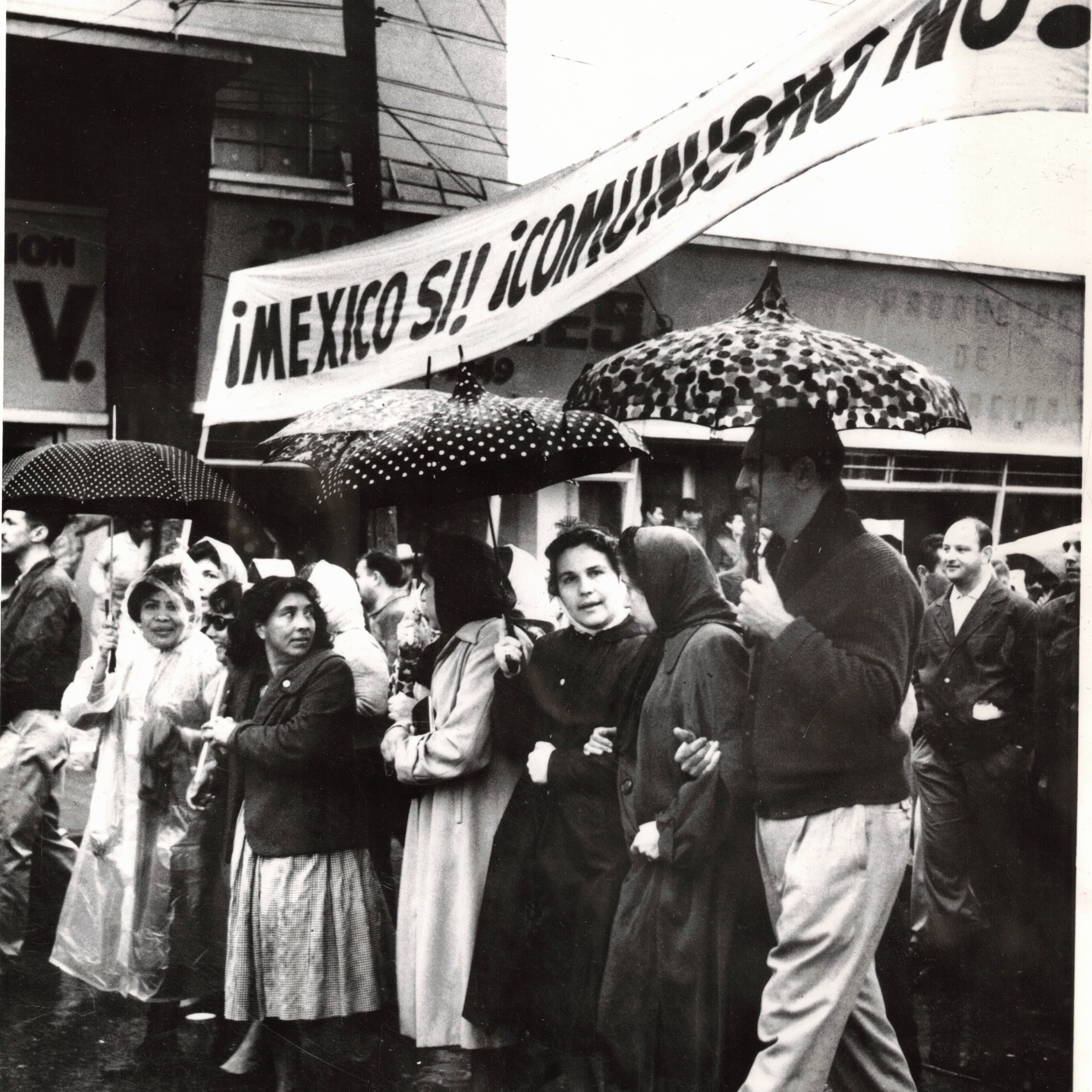
Sons of Marx and Coca Cola”: Youth, Morality, and Right-Wing “Culture Wars” in Cold War Mexico
Luis Herrán-Ávila , UNM Department of History
This talk will address the “culture wars” waged by the burgeoning anticommunist movement in 1960s-1970s Mexico, which included a somewhat oblique critique of consumer capitalism, a deep concern for the harmful effects of youth counterculture, and the development of a right-wing anticommunist global outlook.
Tuesday, April 20, 2021 | 03:00 pm
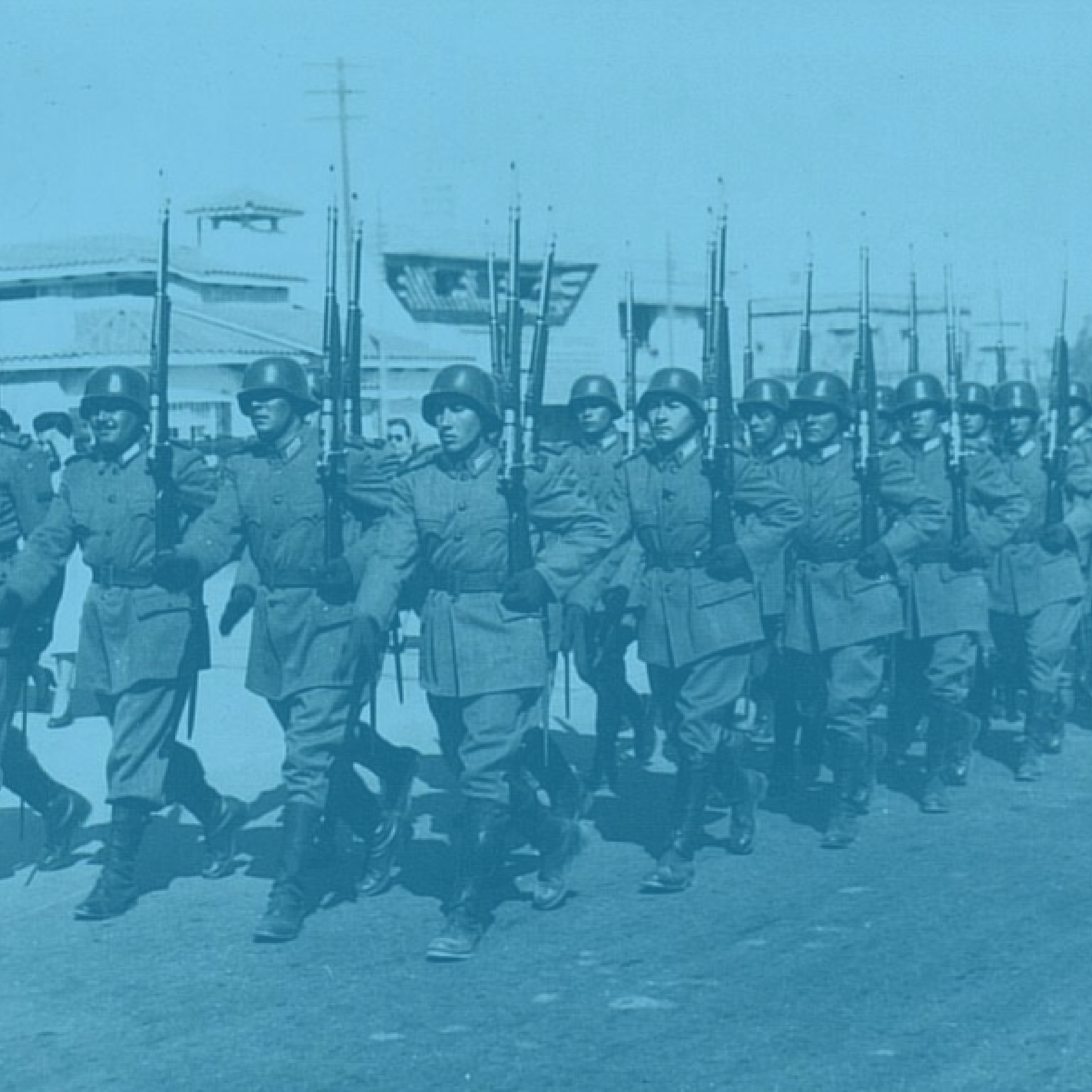
Locating the Martial Middle Class: A Case for Bringing Military Families into Argentina’s History of Counterinsurgency and Cold War Modernization
Dylan Maynard , PHD Candidate, UNM History Department
Argentina’s military officers and their families, by midcentury, belonged to a martial middle class. But while past studies of Argentina’s Cold War military center on its political interventions, there is a need to explore how the intimate lives of military families structured officers’ professional identities and, in turn, a model for economic and social development in the 1960s.
Thursday, April 22, 2021 | 02:00 pm
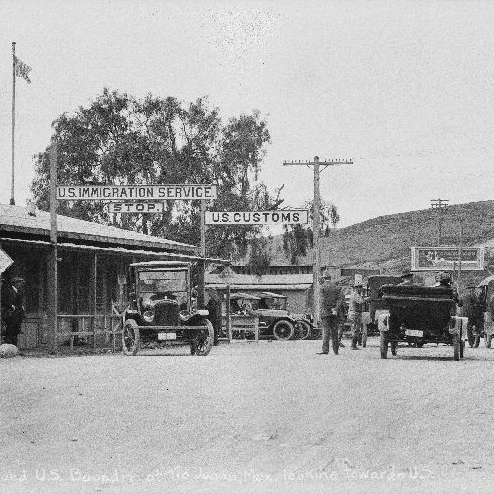
Global History as Hemispheric: Latin America, the U.S., and Canada in the 1920s
Joel Wolfe , University of Massachusetts Amherst
Joel Wolfe is currently writing a book, “The Global Twenties,” that recasts our understanding of modern globalization by studying the ways the Western Hemisphere was integrated through trade, the exchange of ideas, and the movement of people during the 1920s. This talk provides some of the basic findings from that book.
Tuesday, April 27, 2021 | 02:00 pm
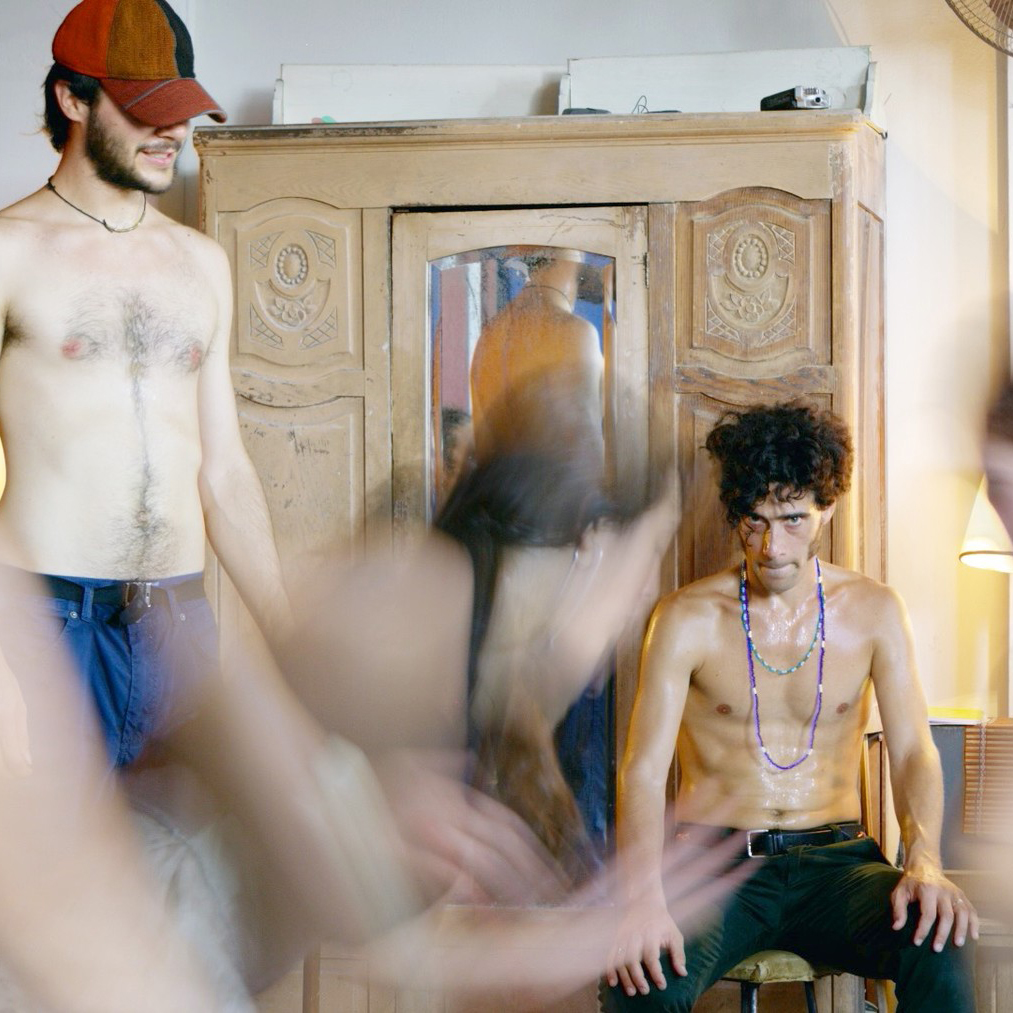
Cántame Film Screening & Director Discussion
Trevor Meier, filmmaker; Alejandro Tomás Rodriguez and Dominika Laster, Theatre and Dance Department, University of New Mexico
Cántame is feature documentary from Trevor Meier that explores the inner world of Casa Talcahuano, a theatre group in Buenos Aires that searches for the inner life of ancient songs and texts and follows their vibration into movement.
Wednesday, April 28, 2021 | 04:00 pm
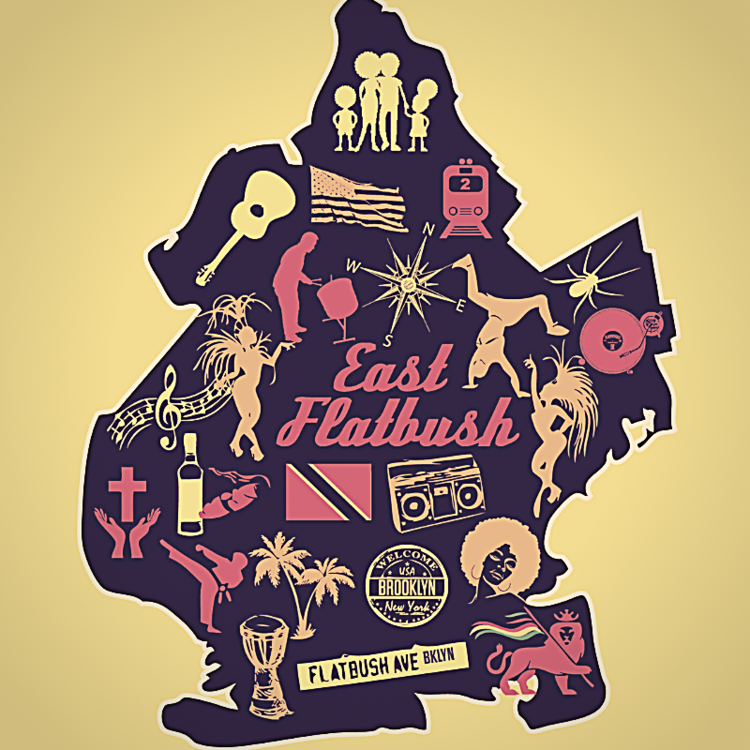
My Story Isn’t Fiction: The Making of East of Flatbush, North of Love
Danielle Brown
In this talk, Dr. Brown discusses her reasons for leaving academia and writing East of Flatbush, North of Love, her push against narratives that suggest Black, Indigenous, People of Color cannot be objective when telling their stories, and the importance of disseminating information about Black, Indigenous, People of Color in ways that go beyond traditional academic texts.
Thursday, April 29, 2021 | 05:30 pm
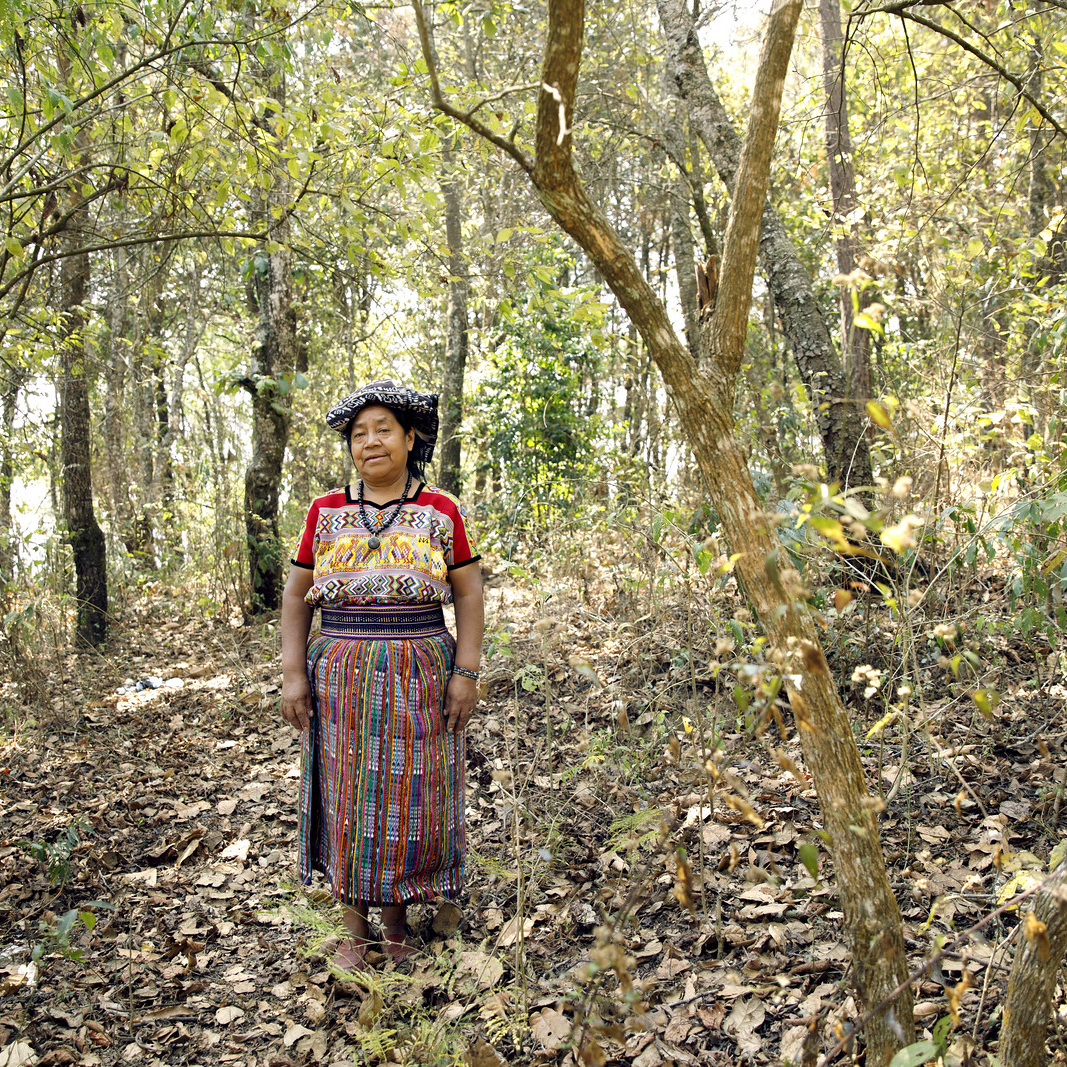
Still Searching for Providence: Mayan Migration to the United States through the Decades
Patricia Foxen , Deputy Director of Research at UnidosUS
Patricia Foxen will discuss her book "In Search of Providence: Transnational Mayan Identities" and the new updates made to the reprint as well as her thoughts on the current migration situation.
Friday, April 30, 2021 | 10:00 am

A Cultural Lens on Yucatec Maya Families’ COVID-19 Experiences
Suzanne Gaskins , Professor Emerita at Northeastern Illinois University
May
Tuesday, May 04, 2021 | 06:00 pm

Seeking Refuge: The Role of Expert Witnesses in Latin American Asylum Cases
Kimberly Gauderman , UNM History Department, Former Director of UNM Latin American Studies Program
This presentation offers a description of the asylum system and the role of expert witnesses, focusing on the specific challenges faced by women and LGBTQ persons seeking refuge in the U.S.
Friday, May 14, 2021 | 11:00 am
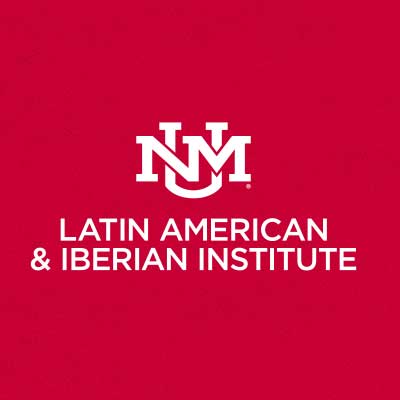
Latin American Studies Convocation
The Latin American Studies (LAS) program will hold its Spring 2021 Convocation virtually, honoring those undergraduate and graduate students who will receive LAS degrees in May and August.
The convocation is a departmental event that is held in addition to the University-sponsored commencement. At convocation, each graduating student will be recognized and will have time to talk about their experience in the program.
September
Friday, September 24, 2021 | 02:00 pm

The Dope: The Real History of the Mexican Drug Trade
Benjamin T. Smith , Warwick University
The Mexican drug trade has inspired myths of a war between north and south, white and brown, between noble cops and vicious kingpins, corrupt politicians and powerful cartels. In this talk, Benjamin T. Smith draws on unprecedented archival research, leaked DEA, Mexican law enforcement, and cartel documents, and dozens of interviews, to tell the real story of how and why this once-peaceful industry turned violent, interrogate the U.S.-backed policies that inflamed the carnage, and explore corruption on both sides of the border.
Benjamin T. Smith is Professor of Latin American History at Warwick University in the United Kingdom. He has been writing about the history of Mexico for twenty years. He now specializes on twentieth-century politics, the narcotics trade and crime, but has also researched and written about indigenous politics, Catholicism, conservatism, newspapers, journalism, and censorship. He occasionally appears on TV or radio to talk about these subjects.
October
Thursday, October 07, 2021 | 02:00 pm
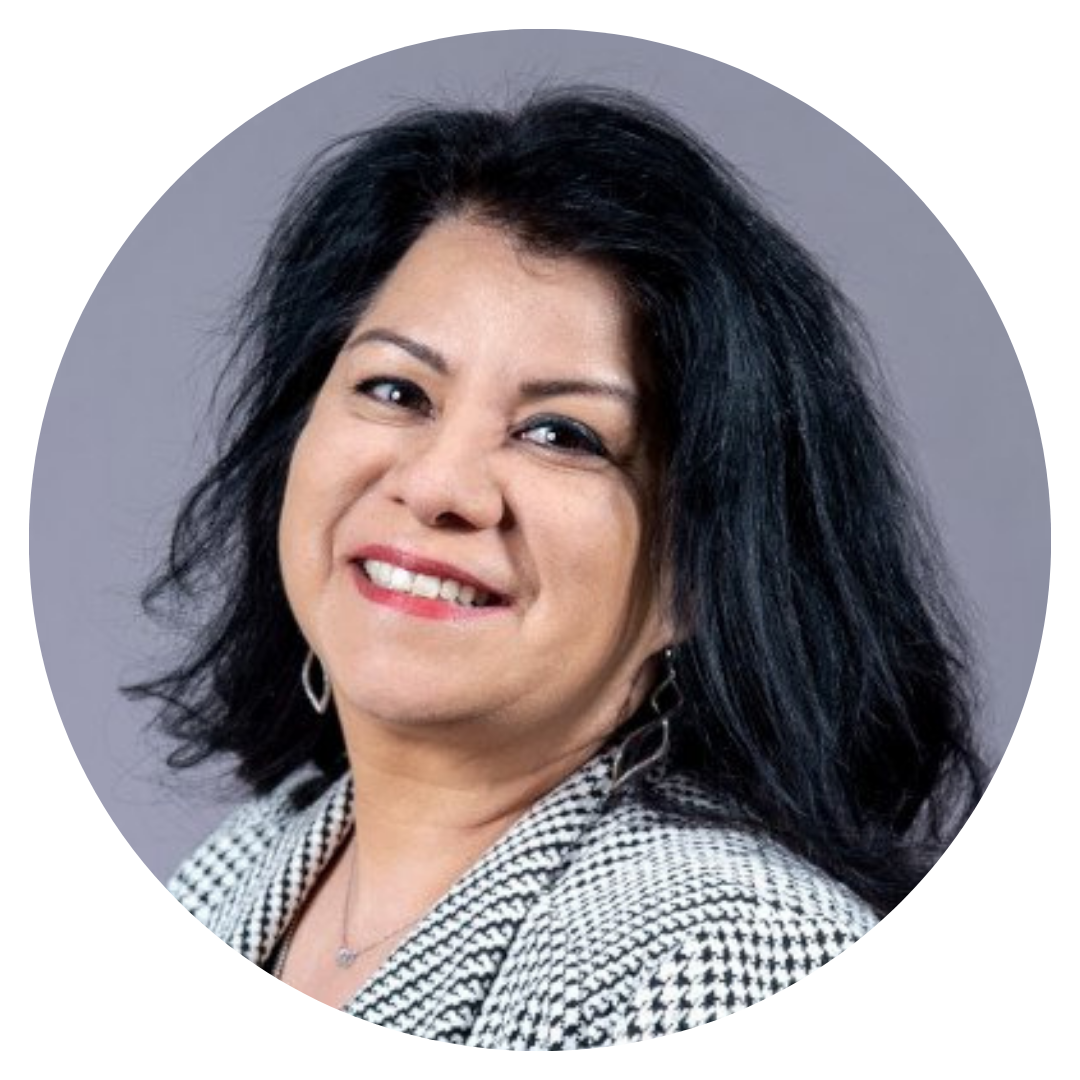
Gothic Imagination in Latin American Fiction and Film
Carmen Serrano , University of Albany
This work traces how Gothic imagination from the literature and culture of eighteenth- and nineteenth-century Europe and twentieth-century US and European film has impacted Latin American literature and film culture. Serrano argues that the Gothic has provided Latin American authors with a way to critique a number of issues, including colonization, authoritarianism, feudalism, and patriarchy. The book includes a literary history of the European Gothic to demonstrate how Latin American authors have incorporated its characteristics but also how they have broken away or inverted some elements, such as traditional plot lines, to suit their work and address a unique set of issues. The book examines both the modernistas of the nineteenth century and the avant-garde writers of the twentieth century, including Huidobro, Bombal, Rulfo, Roa Bastos, and Fuentes. Looking at the Gothic in Latin American literature and film, this book is a groundbreaking study that brings a fresh perspective to Latin American creative culture.
Carmen Serrano is an Associate Professor at the University at Albany, State University of New York. As a scholar of twentieth and twenty-first Latin American, Mexican and U.S. Latinx literature and culture, she analyzes the ways in which literature and films manifest monstrous, spectral and non-normative bodies. Some of her publications that reflect these themes include: Gothic Imagination in Latin American Fiction and Film (University of New Mexico Press 2019); “Mapping the Zombie: Diego Velázquez Betancourt’s Newfangled Zombie in La noche que asolaron Tokio.” (Romance Notes 2018); “Duplicitous Vampires Annihilating Tradition in Froylán Turcios’s El vampiro.” (Routledge 2018); “Gallo-Gallina: Gender Performance and the Androgynous Imagination in Elena Poniatowska’s Hasta no verte Jesús mío.” (Routledge 2017); and “Revamping Dracula on the Mexican Silver Screen in Fernando Méndez’s El vampiro.” (University Press of Mississippi 2016).
Thursday, October 07, 2021 | 03:00 pm

Oaxacan Mezcal in the Global Craft Economy
Ronda l. Brulotte
This presentation explores Oaxacan mezcal as a newcomer to the global market. Not only is mezcal Oaxaca’s fastest-growing rural industry, it connects the region to an emergent network of producers, brokers, and consumers across the U.S.- Mexico border and beyond. Mezcal may be joining more well-known foods of Mexican origin commonplace in U.S. markets (corn, chile, chocolate), but its popularity is distinctly tied to the creation of a new class of global food consumers who prize mezcal as craft within the artisanal food movement; at the same time, its growing popularity is spurring questions about the sustainability of the industry.
Ronda L. Brulotte is Associate Professor in the Department of Geography and Environmental Studies, Director of Latin American Studies (LAS), and Associate Director for Academic Programs in the Latin American and Iberian Institute (LAII) at UNM. Dr. Brulotte's research focuses on food systems, tourism geography, critical heritage studies, commodities and materialism, and transnational indigeneity. As Associate Director for Academic Programs at LAII, she oversees the Latin American Studies undergraduate and graduate program, including serving as Chair of the Interdisciplinary Committee on Latin American Studies, the faculty governance body for LAS.
Friday, October 08, 2021 | 01:30 pm

Performing the Songs of Black Experience: Afro-descendant poetics and transcultural dialogues in the theatrical creation based on the Vissungo
Luciano Mendes de Jesus , University of Sao Paulo
This event proposes to present the possibilities and potentialities of transcultural and creative dialogues between African-Diasporic songs of tradition and performing arts. Particular attention will be given to the work developed by Brazilian artist and researcher Luciano Mendes de Jesus within his project Platform Garimpar em Minas Negras Cantos de Diamante, which investigates sonic-musicalities and performativities linked to the vissungo and the construction of Afro-descendant poetics in contemporary theater. Vissungos are songs of Central African origin deep-rooted in Brazil in the state of Minas Gerais, between the 17th and 20th centuries. Currently, Vissungo songs are found only residually, as local memories or integrated into other cultural manifestations, since the social system in which they emerged has undergone profound changes over the years. However, the first records by ethnographers and ethnomusicologists, which date from the first half of the 20th century, are references adopted and adapted in Afro-Brazilian arts to the present day, especially in urban popular music.
Monday, October 11, 2021 | 12:00 am
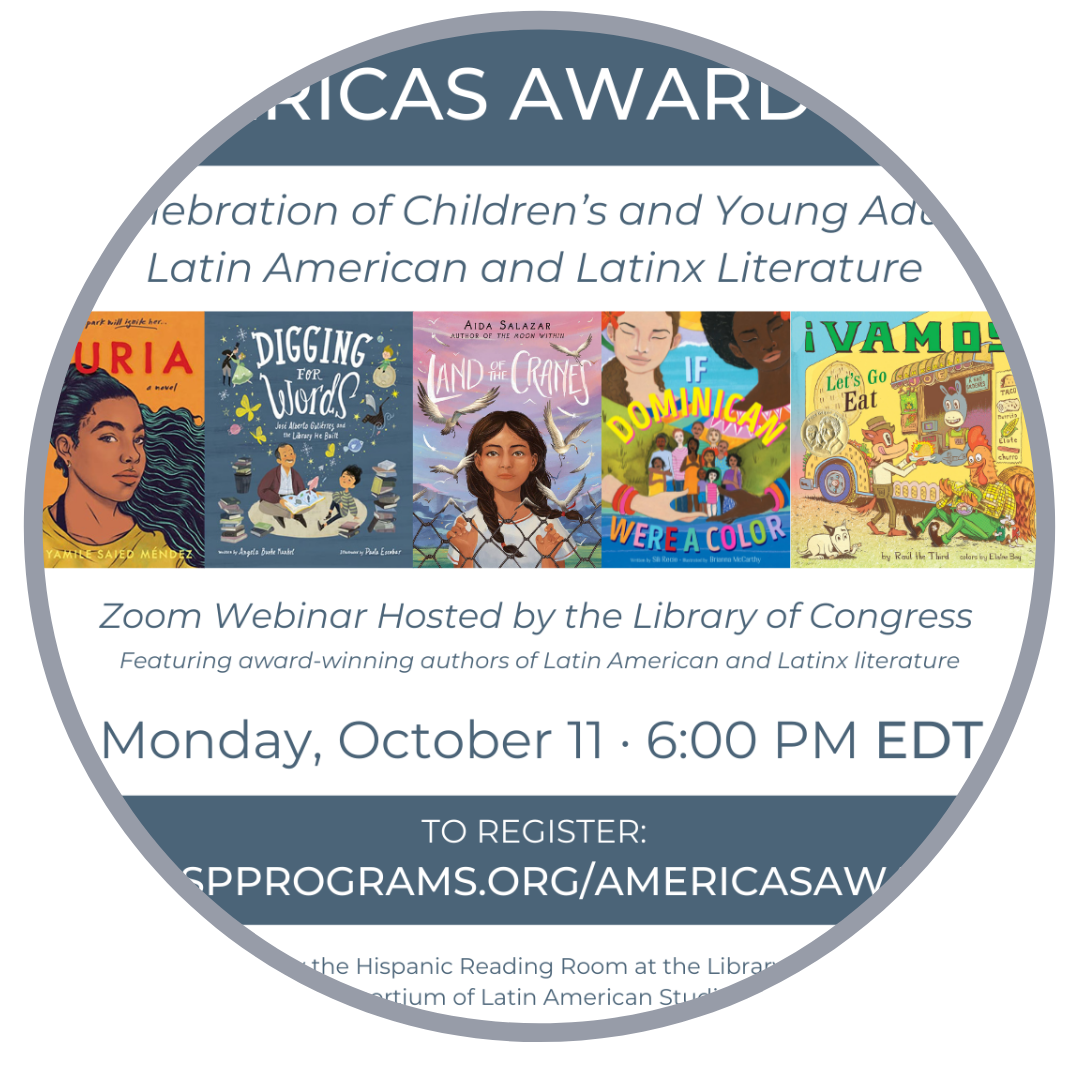
Américas Award 2021: Celebration of Children's and Young Adult Latin American and Latinx Literature
Join CLASP and the Hispanic Reading Room at the Library of Congress in a virtual celebration of children’s and YA Latin American and Latinx literature. Hear from authors and illustrators amplifying stories and voices from across Latin American and Latinx communities. We invite families, educators, and students to take part in this unique celebration during Hispanic Heritage Month, on Indigenous Peoples’ Day.
The Zoom webinar will feature award-winning authors Angela Burke Kunkel (Digging for Words: José Alberto Gutiérrez and the Library He Built), Aida Salazar (Land of the Cranes), and Yamile Saied Méndez (Furia).
Thursday, October 21, 2021 | 02:00 pm

Press, Power, and Culture in Imperial Brazil
Judy Beiber, Teresa Cribelli, Hendrik Kraay, and Celso Thomas Castilho
Press, Power, and Culture in Imperial Brazil introduces recent Brazilian scholarship to English-language readers, providing fresh perspectives on newspaper and periodical culture in the Brazilian empire from 1822 to 1889. Through a multifaceted exploration of the periodical press, contributors to this volume offer new insights into the workings of Brazilian power, culture, and public life. Collectively arguing that newspapers are contested projects rather than stable recordings of daily life, individual chapters demonstrate how the periodical press played a prominent role in creating and contesting hierarchies of race, gender, class, and culture. Contributors challenge traditional views of newspapers and magazines as mechanisms of state- and nation-building. Rather, the scholars in this volume view them as integral to current debates over the nature of Brazil. Including perspectives from Brazil’s leading scholars of the periodical press, this volume will be the starting point for future scholarship on print culture for years to come.
Thursday, October 21, 2021 | 05:30 pm

Peace Corps: How to apply, what to expect, and how the experience can lead to future success
This event will inform UNM Students and others about Peace Corps. Panelists will discuss the application process, the program offered through UNM to give them help and an advantage in the application process, and will expose the audience to UNM alumni who participated in the program. The event will give attendees a chance to understand how to do it, what it is like and what are the benefits of the program both personally and professionally.
Friday, October 22, 2021 | 03:30 pm
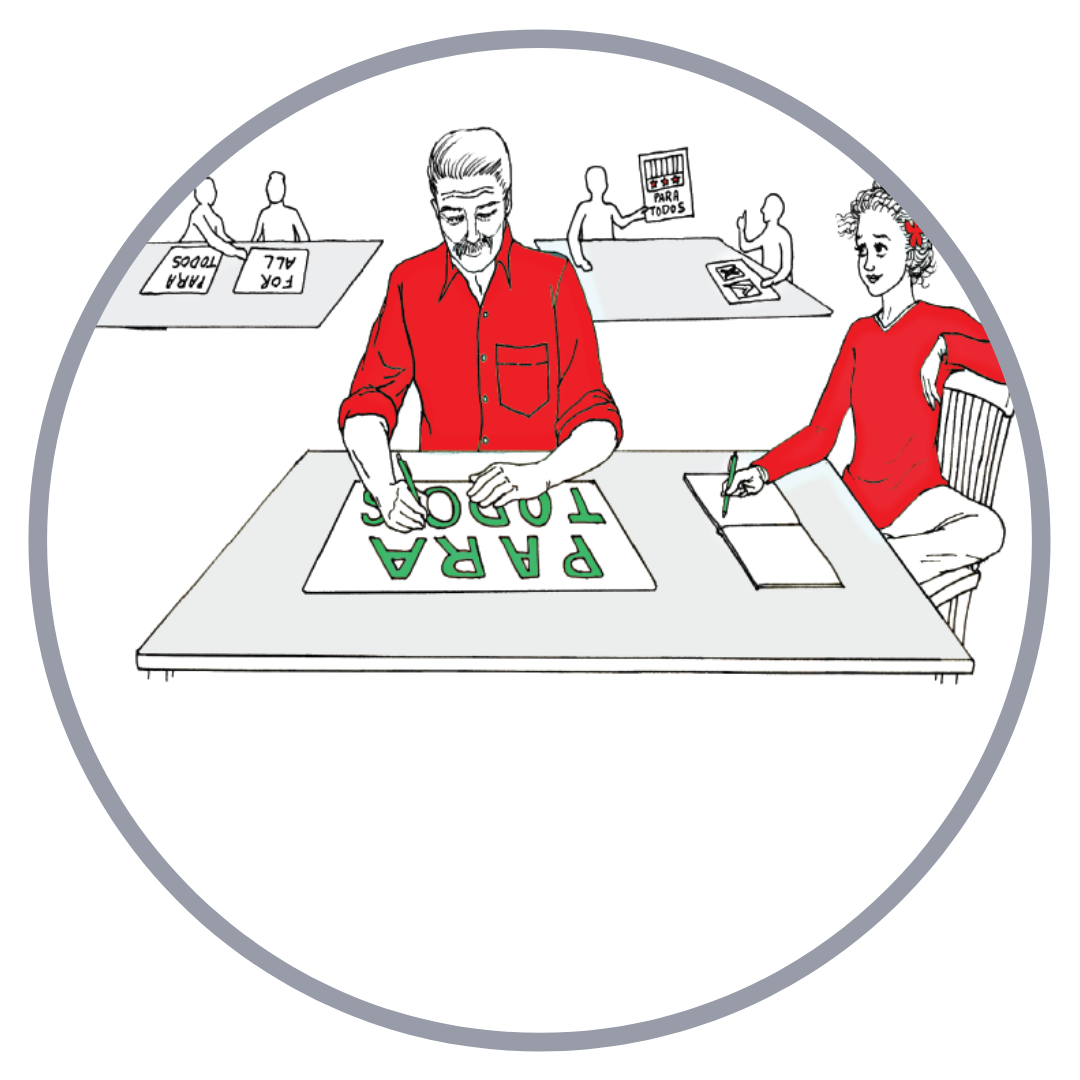
Para Todos: Teaching Immigration & Activism in the K-12 Classroom
Alejandra Domenzain
Join the University of New Mexico’s Latin American & Iberian Institute for an evening of free professional development as we explore how to teach immigration and activism in the K-12 classroom. We will be joined by Alejandra Domenzain, author of Para Todos. Alejandra grew up in Mexico and the United States. She has been an advocate for immigrant workers for over 25 years, and also worked as an elementary school teacher. Currently, she is dedicated to improving workplace health and safety for low wage workers. Alejandra is using her green pen to write books that invite kids to question, dream, and stand up for justice.
Monday, October 25, 2021 | 02:00 pm

Conversations about Utopia and Anti-Utopia in Latin America: Co-Authored Writing Projects Located in Nicaragua and Colombia
Les W. Field and Lara Gunderson
During the markedly strange time for research and writing engendered by the pandemic, I came to realize that for many years I had noticed with alarm that utopian narratives and imaginaries, in written and visual media, had almost completely disappeared, whereas dystopian and anti-utopian imaginaries had everywhere proliferated. I initiated conversations with former and current students to co-theorize this historical moment in the ways alternative futures are conjured and represented. Out of those conversations the two projects presented here developed: on the one hand, a conversation with Lara Gunderson, (PhD in Anthropology 2018) about the utopian imaginary in Nicaragua was published in an article entitled “Solentiname’s Utopian Legacies and the Contemporary Comunidades Eclesiales del Base (CEBs)” based upon my own former research and Lara’s dissertation research about the CEBs. On the other hand, a conversation with Felix Manuel Burgos (PhD in Spanish and Portuguese 2013) developed around the anti-utopian world of the Fuerzas Armadas Revolucionarias Colombianas (FARC) and Felix Manuel’s memories of living in the FARC controlled Zona de Despeje (1999-2002).
Wednesday, October 27, 2021 | 01:00 pm

The Conquest of the Desert: Argentina's Indigenous Peoples and the Battle for History
Carolyne R. Larson , St. Norbert College
Winner of the 2021 Thomas McGann Book Prize from the Rocky Mountain Council for Latin American Studies For more than one hundred years, the Conquest of the Desert (1878–1885) has marked Argentina’s historical
passage between eras, standing at the gateway to the nation’s “Golden Age” of progress, modernity, and—most contentiously—national whiteness and the “invisibilization” of Indigenous peoples. This traditional narrative has
deeply influenced the ways in which many Argentines understand their nation’s history, its laws and policies, and its cultural heritage. As such, the Conquest has shaped debates about the role of Indigenous peoples within
Argentina in the past and present. The Conquest of the Desert brings together scholars from across disciplines to offer an interdisciplinary examination of the Conquest and its legacies. This collection explores issues
of settler colonialism, Indigenous-state relations, genocide, borderlands, and Indigenous cultures and land rights through essays that reexamine one of Argentina’s most important historical periods.
November
Tuesday, November 02, 2021 | 02:00 pm

Beyond Fordlandia: Film Screening and Conversation with Director Marcos Colón
Marcos Colón
Written, directed and produced by Marcos Colón, Beyond Fordlândia (2017, 75 min) presents an environmental account of Henry Ford’s Amazon experience decades after its failure. The story addressed by the film begins in 1927, when the Ford Motor Company attempted to establish rubber plantations on the Tapajós River, a primary tributary of the Amazon. This film addresses the transition from failed rubber to successful soybean cultivation for export, and its implication for land usage. This film offers insight into the history and current state of extractive international industries in the Amazon rainforest, furthering discussion of the relationship between the local and global, consumption, inequity and the environment.
Thursday, November 04, 2021 | 02:00 pm

Architectural Layout and Inka Imperial Tactics in Northern Chile (AD 1400-1532)
Beau Murphy , UNM
From ancient Rome to the Aztec Empire, polities frequently use architectural monuments to promote state ideologies, advertise state power, and foster acceptance of inequality. This presentation discusses in-progress research investigating how architecture has been used for similar ends specifically within conquered imperial provinces, where empires must communicate authority to peoples who may be hesitant to accept imperial rule. The research focuses upon an archaeological case study from the Inka Empire (AD 1400-1532), with emphasis on architectural data collected at the Inka provincial center of Turi in Chile’s Atacama Desert since 2013. The study to date indicates that monuments should be understood as one facet of imperial tactics embedded in architecture, often articulated with an overall site plan or ‘layout’ designed to facilitate imperial rule.
Beau Murphy is an archaeologist and PhD Candidate in the Department of Anthropology researching provincial political architecture in the Inka Empire. He entered the field of archaeology in 2011, and has conducted work in Peru, Chile, Romania, Belize, and the American Southwest since this time.
Thursday, November 04, 2021 | 05:30 pm

Working at the U.S. Department of State: The Foreign Service and Other Opportunities
This event will highlight opportunities to work for the State Department and inform students of special programs that they may want to consider.
Friday, November 05, 2021 | 12:00 pm

Mi Cultura Cura/Healing Through Culture: Testimonios de la Nueva México Digital Archive Project
Kells and Romero will discuss their Mi Cultura Cura: Testimonios de la Nueva México Digital Archive and their research approach to the examination of diverse public discourses through grassroots community engagement. Kells and Romero apply a social epistemic rhetoric approach toward constituting a public archive to generate rich descriptions of the public health experiences, environmental conditions, and cultural landscapes of New Mexico communities impacted by the COVID-19 pandemic. The project implements a reciprocal research process through a cooperative of New Mexico institutions and community organizations to constitute and contribute to the construction of Mi Cultura Cura: Testimonios de la Nueva México Digital Archive.
Thursday, November 11, 2021 | 02:00 pm
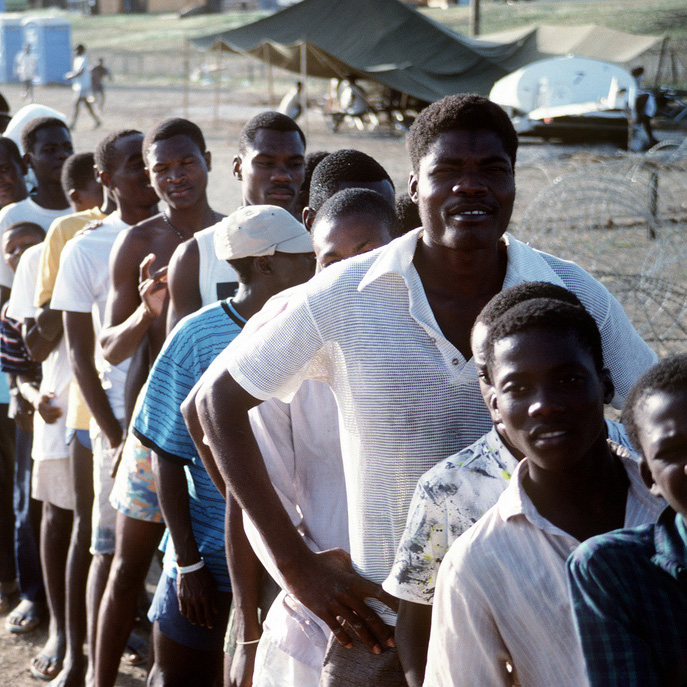
Understanding the Haitian Migration Flow from Chile to the US Southern Border
Cristián Doña-Reveco and Yvenet Dorsainvil
This event seeks to contextualize the migration flow of thousands of Haitians from Chile who recently made the perilous journey to the US borderland seeking asylum. As the home of more than 180,000 Haitians, Chile became a main receiving country of Haitian migrants who left the Caribbean island after the devastating earthquake of 2010 and subsequent economic and humanitarian crises. By looking at Chile’s increasingly restrictive migration policies and racist views towards Haitians, the guest speakers will help us understand the challenges that Haitian immigrants confront and the reason why they are now leaving this South American country.
**This event will feature presentations in English and Spanish**
Tuesday, November 16, 2021 | 02:00 pm

Forecasting Volcanic Eruptions in Latin America
Tobias Fischer
Tobias Fischer currently works in Bolivia on Uturunku Volcano. This volcano is particularly interesting because it has been deforming massively in recent decades but has not erupted. Tobias and his team are working with an international group from other US Universities, the UK, and Bolivia. Tobias also works closely with a former Ph.D. student who is on the science staff at a volcano observatory in Costa Rica. Latin America has a very large number of active volcanoes and many population centers close to these volcanoes. Volcanic hazards are not
theoretical there but an everyday reality.
Wednesday, November 17, 2021 | 01:00 pm

A Ringing in the Ears: The Martyrdom, Subsequent Death, and Reinscription of Fray Pedro de Ayala
Klinton Burgio-Ericson , The School for Advanced Research
Riding south from Halona or present-day Zuni Pueblo in western New Mexico, Fray Juan Galdo came across a scene of destruction and chaos. The Purísima Concepción mission of Hawikku Pueblo was burned and looted, still smoldering along with other houses in the ancestral Zuni town. In its churchyard, the standing cross had been thrown down, covering the battered and naked body of the resident priest, Pedro de Ayala. What had happened here, and what could Galdo tell his superiors in Santo Domingo and Mexico City? This talk explores the 1672 destruction of the Hawikku mission as a microhistory in three acts, seeking to understand the contestation of colonialism within a moment of violence. Spanish, Zuni, and Apache histories converge in a story that sheds light on the perceptions of Indigenous people and Franciscan missionaries, as well as the meaning of early New Mexico missions as material environments and in memory. Find out what happened when Hawikku’s bell rang its last.
Thursday, November 18, 2021 | 02:00 pm

From Sacred Songs to Reggaeton: An Unexpected Journey that Encompasses Theatre and Urban Music
Alejandro Tomás Rodriguez
Over the last decade, I’ve been exploring old traditional songs from different cultures of Latin
America, the Caribbean, and West Africa. This research has opened my eyes in a fundamental
way: I realized that there has always been a need for humans to seek the expansion of one’s
own limits. In the sense of enlarging the experience of what we usually perceive as “myself”.
Following the impact of these old rhythms in my body, and personal needs to explore new
horizons today I am involved in the creation of reggaeton music. How did I get here?
Monday, November 29, 2021 | 03:00 pm
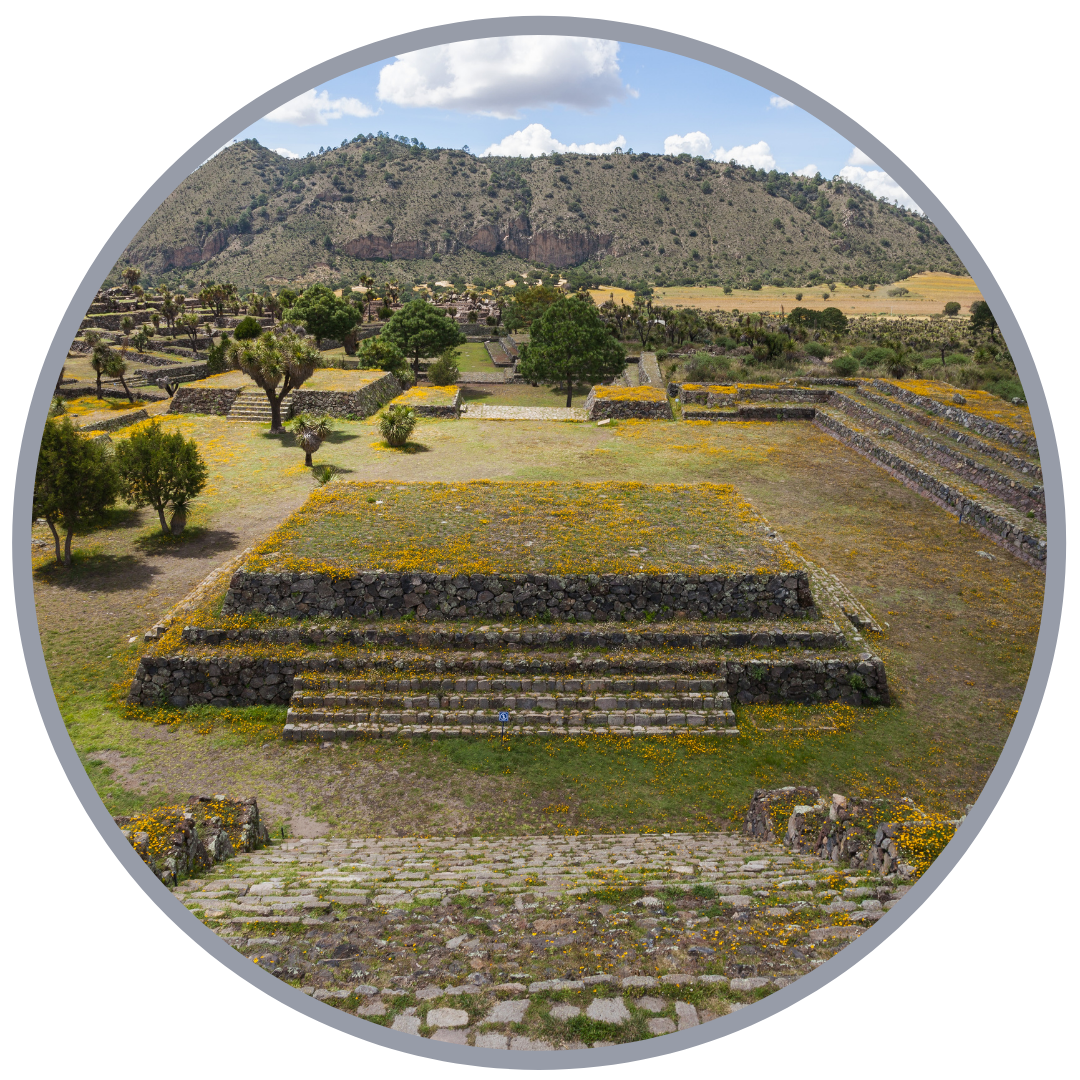
An Introduction to Nahuatl: The Language of the Aztecs
Abelardo de la Cruz , University of Utah
In this workshop, students will have their first exposure to the Nahuatl language and culture. The language we will focus on is the variety from the municipality of Chicontepec, in the Huasteca region of northern Veracruz, Mexico. Overall, students will learn about the culture where the language is spoken and practice situations such as how to introduce themselves, how to introduce another person, and students will learn how to use the several expressions of farewells. Come to learn Nahuatl! Knowledge of Spanish is not required for this workshop
Tuesday, November 30, 2021 | 02:00 pm

Classical (Concert) Music/Musicians in Latin America: Yesterday and Today
Karl Hinterbichler
A presentation with numerous musical examples. An overview of selected Latin American composers, both current and from the recent past, whose concert works have entered the international standard repertoire and are performed world-wide by prominent ensembles and soloists. Current performers, especially conductors, from Latin America that have achieved widely lauded international careers.
Tuesday, November 30, 2021 | 03:00 pm

Master’s in Latin American Studies Info Session
UNM continues to be one of the best places in the country for Latin American-focused scholarship. Join the Latin American Studies program for an information session to learn more about:
• UNM faculty and resources
• MA degree requirements
• Dual-degree options - JD, MBA, MCRP, LLSS, and MPH
• Funding opportunities
• Career paths
December
Tuesday, December 07, 2021 | 02:00 pm
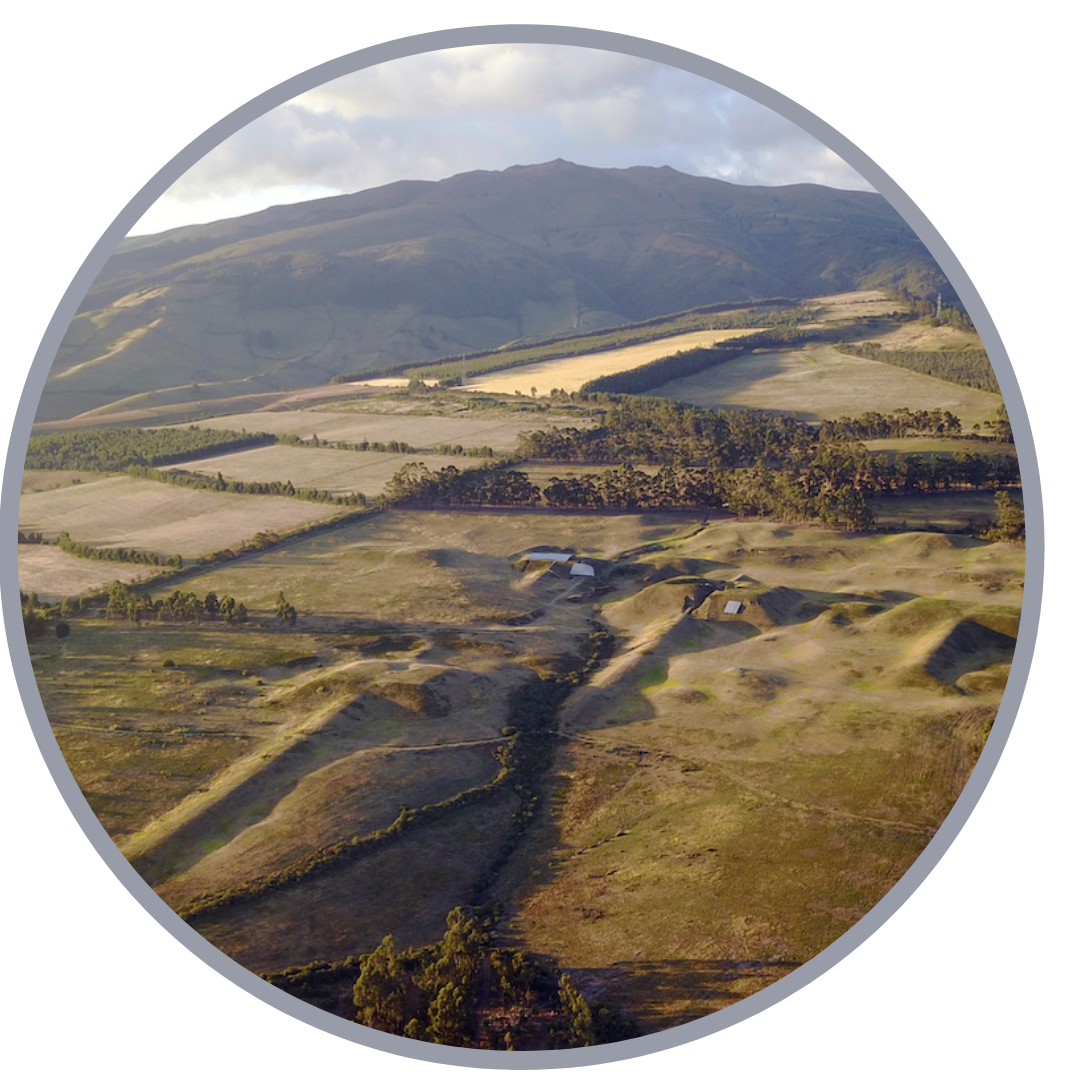
Cochasquí and the Monumental World of the Caras: The Rise and Fall of a Barbacoan Society
Ryan Scott Hechler
Barbacoan-speaking societies thrived throughout northern Ecuador and southwestern Colombia on the eve of Spanish conquest. Interregional ties between these culturally diverse groups facilitated complex and far-reaching systems of exchange and political alliances. One ethnic group in the highlands of northern Ecuador, the Cara, are renowned for their monumental centers, which are comprised of earthen mounds, known locally as “tolas.” Monumental developments are often characterized by two periods, with large, rounded burial mounds being built until around AD 1280, during which time a far-reaching eruption from the Quilotoa Volcano blanketed the region in up to fifteen centimeters of ash and signaled the gradual transition to the Little Ice Age. Sheer human resiliency persisted in the face of natural disaster and, somewhat suddenly, local people switched to constructing massive platform mounds, typically amongst earlier burial mound centers. Cochasquí, the highest elevation Cara center, exemplifies such a transition. Cochasquí quickly rose as one of the major seats of regional political power and was one of the first to fall during the regional conquest by Tawantinsuyu – the Inka Empire. Due to the state of preservation of the site, Cochasquí offers an excellent case study in understanding local and regional developments through short periods of rapid change. Today, Cochasquí is important to regional Indigenous identities and is cherished as a symbol of national cultural heritage.
